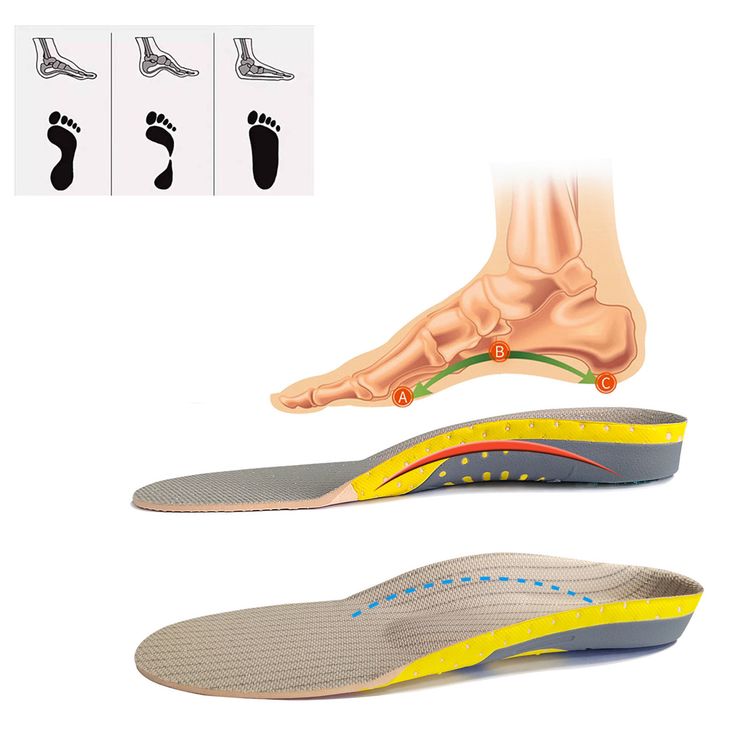When it comes to comfort, posture, and pain relief, your feet are the foundation of your body. That’s why investing in high-quality orthopedic insoles isn’t just a luxury—it’s a game-changer. Whether you suffer from flat feet, plantar fasciitis, or just spend long hours on your feet, the right pair of insoles can improve your health, energy levels, and overall mobility.
What Are Orthopedic Insoles?
Orthopedic insoles, also known as orthotic insoles, are specially designed shoe inserts that help align your feet and body, reduce pressure, and correct imbalances. They support the arch, heel, and metatarsal bones, and are often used to address foot conditions or simply add extra comfort to everyday shoes.
Common Types of Orthopedic Insoles
-
Flat Foot Insoles – Provide arch support and prevent overpronation.
-
High Arch Insoles – Cushion the arch and redistribute pressure for better balance.
-
Plantar Fasciitis Insoles – Target the heel and arch to ease inflammation and pain.
-
Custom Made Orthopedic Insoles – Tailored specifically for your foot shape and condition.
Do You Need Orthopedic Insoles?
If you’re wondering whether orthopedic insoles are for you, ask yourself:
-
Do you experience chronic foot, knee, or back pain?
-
Do you stand or walk for hours at work?
-
Do your feet feel tired or sore by the end of the day?
-
Do your shoes wear out unevenly?
If you said yes to any of these, orthopedic insoles might be exactly what you need.
Key Benefits
-
Improved posture and spinal alignment
-
Pain relief for feet, ankles, knees, hips, and lower back
-
Better shock absorption
-
Enhanced comfort for long days on your feet
-
Injury prevention for athletes or active individuals
How to Choose the Best Orthopedic Insoles
-
Identify Your Foot Type: Flat, high-arched, or neutral?
-
Consider Your Activities: Are you walking, running, working on your feet?
-
Material Matters: Gel, EVA foam, or cork-based insoles all provide different benefits.
-
Insole Thickness: Make sure it fits your shoe properly without making it too tight.
For everyday support and affordability, gel orthopedic insoles are a great choice. They provide shock absorption and are suitable for most types of shoes.
How Long Do Orthopedic Insoles Last?
With regular use, most insoles last around 6 to 12 months, depending on activity level and material quality. Signs you need a replacement include visible wear, reduced cushioning, or if pain starts to return.
Final Thoughts
Orthopedic insoles aren't just for seniors or athletes—they’re for anyone who wants to take better care of their feet. Start with a quality pair, break them in gradually, and your body will thank you.
Ready to step into comfort? Try our orthopedic insoles today for better support, reduced pain, and a noticeable difference in every step.

